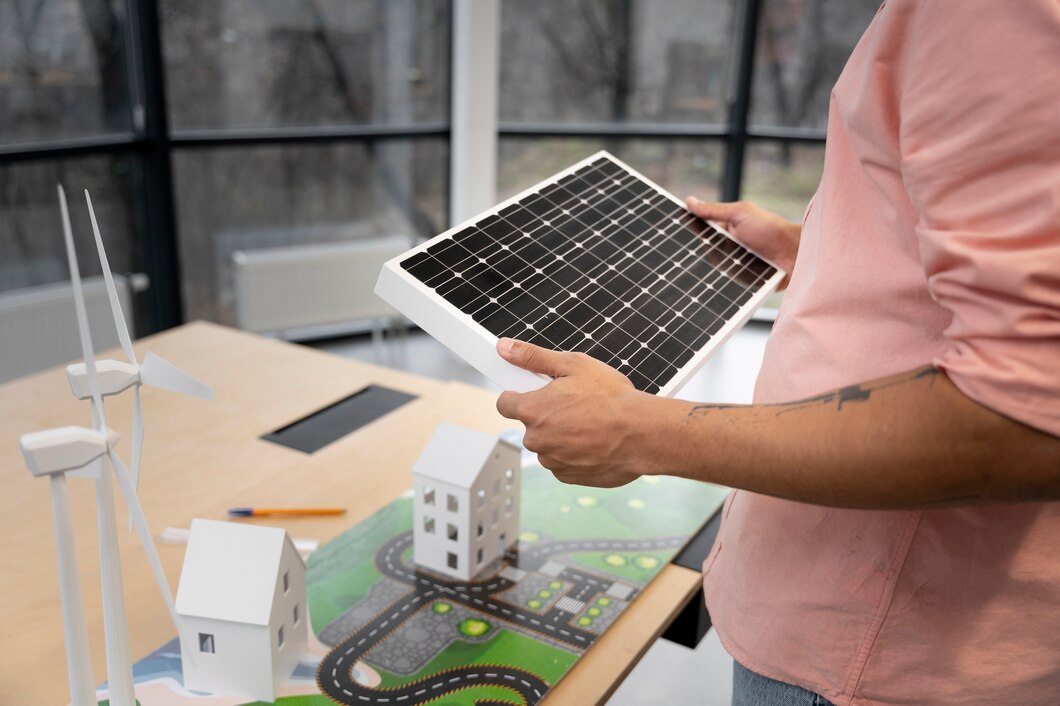The Growing Need for Renewable Energy
With climate change becoming an increasingly urgent issue, finding ways to reduce our carbon footprint is more critical than ever. One of the most significant contributors to greenhouse gas emissions is the energy sector, which is why renewable energy solutions are crucial. Solar energy, in particular, offers a viable and sustainable alternative for households looking to transition to a greener lifestyle.
Understanding Solar Power
Solar power utilizes sunlight to generate electricity through various methods, predominantly using solar panels. These panels, usually installed on rooftops or open spaces, convert the sun's rays into electrical energy. This energy can then be used to power your home, reducing reliance on traditional energy sources.
Benefits of Solar Energy
- Environmental Impact: Solar power is a clean, renewable source of energy that does not emit harmful pollutants. By using solar panels, homeowners can significantly reduce their carbon footprint.
- Cost Savings: While the initial investment for installation can be substantial, the long-term savings on energy bills are considerable. Many governments also offer incentives and tax breaks for installing solar systems.
- Energy Independence: By generating your own electricity, you become less dependent on external energy suppliers and less vulnerable to energy price fluctuations.
- Low Maintenance: Solar power systems require minimal maintenance, making them a hassle-free and durable solution for energy needs.
Steps to Implement Solar Solutions at Home
1. Assess Your Home’s Solar Potential
Before investing in solar panels, evaluate your home’s suitability for solar energy. Factors to consider include roof orientation, shading, and the amount of sunlight your location receives.
2. Choose the Right Solar System
Solar systems come in various sizes and types, including grid-tied and off-grid systems. Consider your energy needs and budget when choosing the right system for your home.
3. Financial Planning and Incentives
Research available incentives, rebates, and tax breaks that can offset the initial installation costs. Many regions offer substantial financial support for homeowners adopting renewable energy solutions.
4. Professional Installation
For optimal performance, hire a certified professional to install your solar panels. They will ensure the system is correctly installed and connected to your home’s electrical system.
Integrating Solar with Other Renewable Solutions
For maximum efficiency and sustainability, consider combining solar power with other renewable energy solutions, such as wind energy or geothermal heating. This hybrid approach can ensure a steady and reliable energy supply throughout the year.
Future Prospects of Solar Energy
The future of solar energy in residential settings looks bright, with advancements in technology promising even greater efficiency and affordability. Innovations such as solar roof tiles and improved battery storage solutions will further enhance the feasibility and appeal of solar energy.
Transitioning to solar solutions in your home is not only a smart financial decision but also a significant step towards a more sustainable and eco-friendly lifestyle. As the urgency to address climate change grows, embracing renewable energy at home becomes a pivotal part of the solution.




